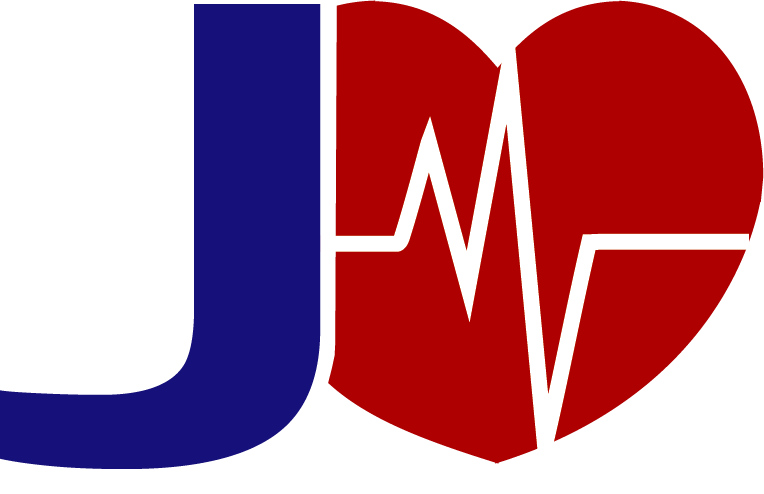Hydration for Athletes
Last updated: 6 Oct 2025 | 1004 Views |


![]()
Hydration for Athletes
Hydration for Athletes: Hydration and Water Balance in Athletes
Whether at the amateur or competitive level, maintaining hydration is often overlooked but crucial. Even a slight imbalance in water balance can impair athletic performance, and severe imbalances can seriously impact your health.
What is Hydration?
Hydration refers to the body's proper balance of water and electrolytes for proper muscle, nervous, and circulatory function. For athletes, hydration includes not only drinking water, but also controlling electrolytes such as sodium and potassium.
Causes of Water Balance in Athletes:
1. Dehydration
- Loss of more water than the body rehydrates
- Exercising outdoors or in extremely hot weather
- Drinking too little water due to fear of stomach discomfort
2. Overhydration (Exercise-associated hyponatremia)
- Drinking excessive amounts of water in a short period of time
- Insufficient sodium intake, resulting in a drop in blood sodium levels (Hyponatremia)
Symptoms to watch for:
- Dehydration: Thirst, dry mouth, dry skin, dark urine, decreased urine output, dizziness, cramps, fatigue
- Excessive water intake: Headache, nausea, swelling of the hands and feet, dizziness, confusion, and in severe cases, seizures or loss of consciousness.
Diagnosis:
- A doctor will rely on a medical history, including fluid intake, exercise duration, and physical examination, such as heart rate, blood pressure, and weight before and after competition.
- Blood tests (in severe cases) to measure sodium and other electrolyte levels.
Treatment:
1. Dehydration: Drink clean water or sports drinks.
- In severe cases, intravenous fluids are recommended.
2. Overhydration: Stop drinking water temporarily.
- Administer sodium solutions, or in severe cases, receive concentrated saline fluids at the hospital.
Should or shouldn't you drink water before, during, and after exercise?
- Use a sports drink if you're playing sports or exercising for more than an hour.
- Weigh yourself before and after a competition to assess fluid loss.
- Drink plenty of water in short bursts.
- Rely solely on water when engaging in intense, long-term exercise.
- Wait until you're extremely thirsty to drink water, as this may be too late.![]()
Summary
Conclusion: Hydration for athletes is not a disease, but an important way to care for the body. Dehydration → performance declines and the risk of heatstroke. Drinking too much → risking low sodium levels, which can be dangerous. Therefore, proper hydration, along with occasional electrolyte supplementation, is key to athlete health and performance.











